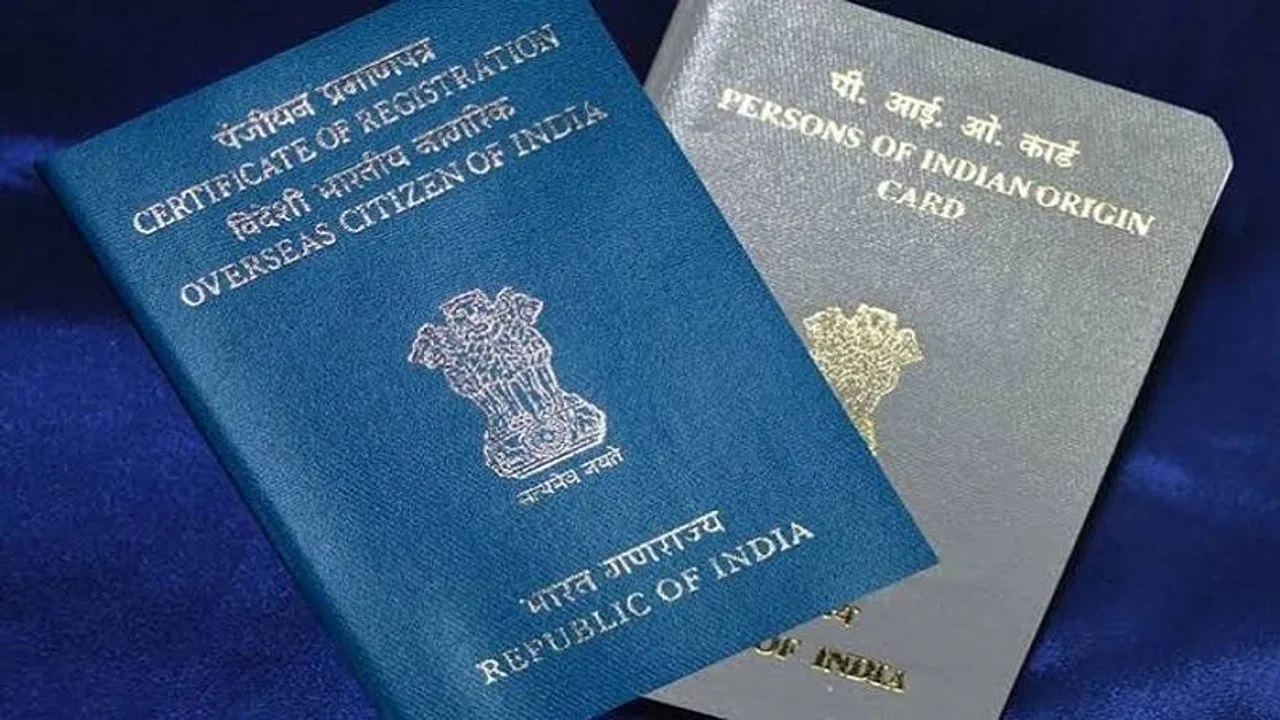With UP Madarsa verdict, Supreme Court upholds positive secularism
Overview of the Supreme Court’s Decision
- In Anjum Qadri vs Union of India, the Supreme Court upheld the constitutionality of the Uttar Pradesh Madarsa Act, 2004, reversing the Allahabad High Court's decision.
- This judgment clarifies the balance between religious education, secularism, minority rights, and the state’s regulatory authority.
Positive Secularism and Constitutional Interpretation
- The Court reaffirmed the concept of "positive secularism", advocating equal respect for all religions rather than a strict exclusion of religion from state matters.
- Referring to the 1994 S R Bommai case, the Court emphasized that secularism allows state regulation of religious institutions as long as it respects religious practices.
- Regulating madarsa education aligns with positive secularism, ensuring quality education for minority communities while respecting religious autonomy, as protected by Articles 25 to 30 of the Constitution.
State’s Role in Educational Equality
- The Court stressed the state’s responsibility to provide equal access to quality education for all citizens.
- It referred to Articles 14 and 15 (Right to Equality) to highlight that secularism does not mean a strict separation of religion and education.
- The Court clarified that religious education can coexist with secular standards, allowing madarsas to retain their religious identity while meeting educational quality benchmarks.
Autonomy of Minority Institutions
- The Court acknowledged that madarsas, as minority institutions, have autonomy under Articles 26 and 30.
- However, this autonomy is not absolute; the state can enforce minimum quality standards to ensure that madarsa education does not compromise on quality, without infringing on the religious nature of these institutions.
Quality of Madarsa Education and Right to Education
- Addressing concerns over the quality of madarsa education, the Court clarified that the right to education under Article 21A applies universally, ensuring that all children, including those in madarsas, receive quality education.
- Although madarsa degrees like Fazil and Kamil are not recognized under the UGC Act, the Court noted this should not prevent madarsa graduates from pursuing higher education in theology or Islamic studies, as such degrees do not compromise broader educational standards.
Significance of the Ruling
- The ruling reinforces positive secularism by balancing the rights of minority institutions with the state’s duty to ensure educational quality for all.
- It underscores the need for regulatory frameworks that respect both religious freedom and educational standards, ensuring all citizens have equal educational opportunities, regardless of religious background.
Conclusion
- The Supreme Court’s judgment in Anjum Qadri vs Union of India strengthens positive secularism by upholding equality, religious freedom, and the state’s role in maintaining educational standards.
- By affirming the UP Madarsa Act, the Court recognized madarsas’ right to provide religious education within constitutional limits, while also confirming the state’s responsibility to ensure educational quality across institutions.


.jpg)

Comments (0)